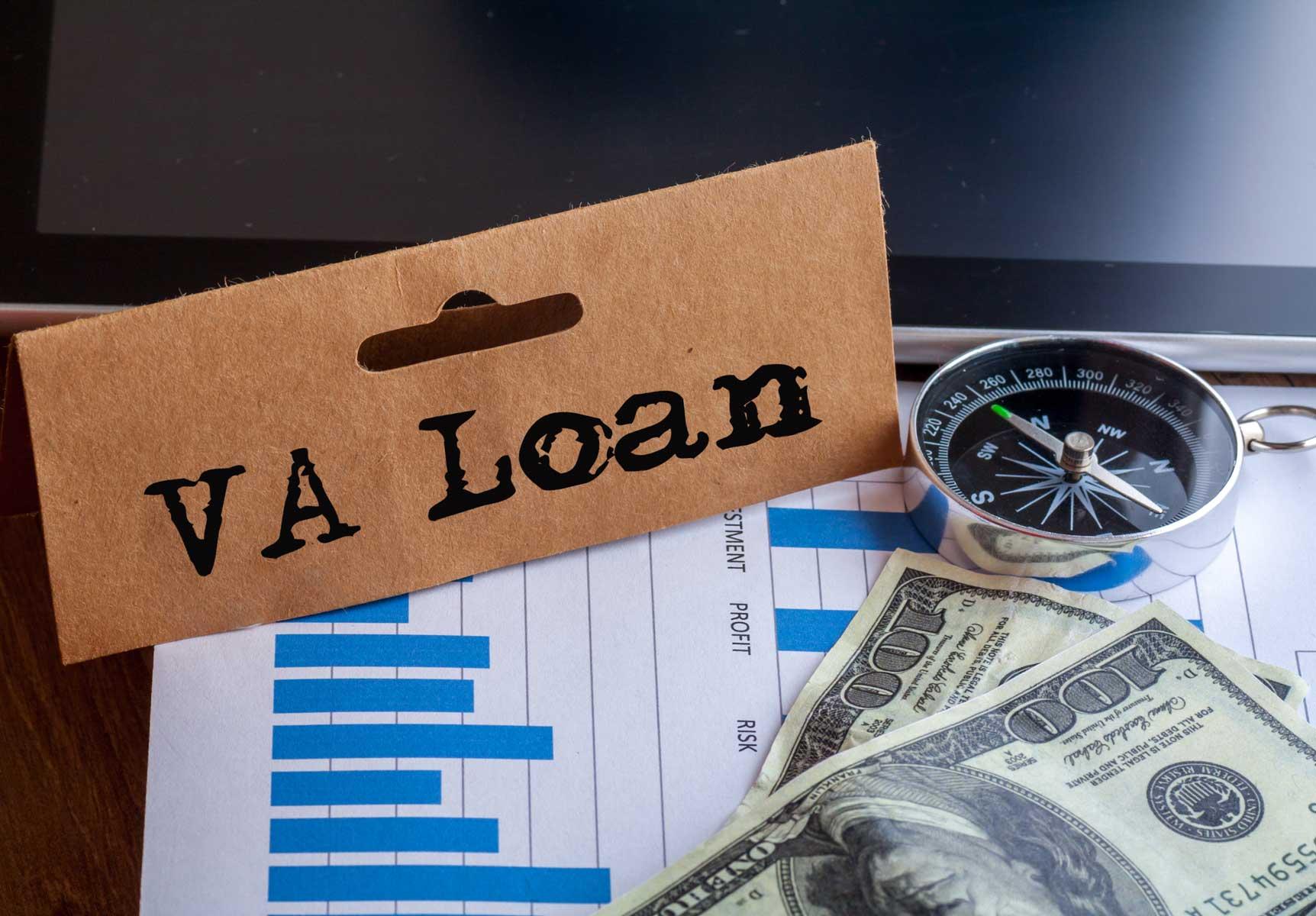A shortage of home appraisers is hurting the VA mortgage loan program so much that some veterans are choosing other loans with higher costs, according to a group warning the federal agency about the issue.
The lack of VA appraisers is increasing the appraisal turnaround time for veterans seeking VA loans, leading to delayed VA closings and veterans choosing other loan programs or facing problems such as penalty fees, according to a Sept. 5, 2017 letter from the Mortgage Bankers Association, or MBA, to the U.S. Department of Veterans Affairs.
Moving from a VA loan with 100 percent financing to a conventional loan requiring a down payment of up to 20 percent would require vets to come up with additional cash to close, along with other drawbacks.
Benefits of VA loans
Not requiring any money down is the biggest benefit of a VA loan. Veterans can borrow up to $417,000, or up to $625,000 in “high cost areas” such as parts of California.
The loans are 0.25 to 0.50 percent lower than conventional loan rates because the VA is guaranteeing a portion of the loan. VA loans don’t require mortgage insurance, which can be expensive, and the loans have fewer closing costs that the government limits.
VA loans don’t have a maximum debt ratio. It’s the percentage of a borrower’s monthly mortgage payment from their gross monthly income. Typically, lenders restrict a mortgage payment to no more than 28 percent of income.
VA loans also don’t require a minimum credit score. A veteran with poor credit could be faced with a higher interest rate on another type of mortgage if they don’t have at least a credit score of 620 for conventional loans or 580 for most FHA loans.
The VA program has worked well since it started as part of the GI Bill of 1944. It has led to 79 percent of veterans owning their own homes, compared to 63 percent of the non-veteran population.
In recent years, however, fewer vets are using the program. A 2014 survey of members of the Iraq and Afghanistan Veterans of America found that 36 percent had applied for a VA home loan.
Can take longer to approve
A shortage of VA appraisers has been a problem for years, though some loan officers say it’s a myth that can be overcome.
A VA loan requires a more thorough appraisal than other types of loans because the VA wants the home to be in working order when bought so that the veteran doesn’t have to sink more money into the home. The home is also inspected for health and safety standards.
Real estate agents have complained that VA loans can take longer to approve, and that a shortage of appraisers can led to missed contract deadlines.
Home sellers can also be reluctant to sell to veterans using VA loans, especially when multiple offers exist, according to the MBA letter.
“If the seller does accept the contract with VA loan terms, the postponement could result in an extension of the contract, penalty fees or loss of earnest money deposit by the veteran,” the letter says.
“Both for purchase transactions and refinance transactions, these delays could result in loss of rate lock, which could then require additional fees or higher rates,” it says. “Also, the higher rates could end up costing the veteran tens of thousands of dollars of interest payments over the life of the loan.”
Problems for veterans
Because VA loans often don’t require any down payment and have relaxed credit requirements, some VA buyers aren’t as well qualified as conventional buyers who need higher scores and more “skin in the game,” says Mary Tillery, an instructor for mortgage loan originator classes at At Your Pace Online.
“If something comes up, the buyer may not be able to adjust to changing circumstances or have any other programs that they might qualify for as backup,” Tillery says. “These factors lead some sellers’ agents to advise their clients to avoid VA offers.”
“As a result, buyers agents urge their clients to be as competitive as possible, by being approved for more than just a VA loan,” she says.
Veterans in competitive real estate markets may be more likely to be pushed by real estate agents and lenders to use conventional loans.
Kate Ziegler, a real estate agent with Arborview Realty in Boston, says she works with veterans in the competitive Boston market, and has found them often intending to use a VA loan, but end up with a conventional loan as their search continues. The competitive market for affordable condos, Ziegler says, “makes the VA requirements for properties onerous and the corresponding offers less competitive with longer closing timelines and greater risks.”
After buying a home through a conventional loan, veterans can refinance with a VA loan, she says.
Veterans buying homes in a seller’s market may face pushback if the appraiser wants items fixed on a home to meet VA guidelines. The seller may not want to fix what the appraiser wants fixed, requiring the buyer to find another loan or look for another house.
For condos, if the condo company isn’t approved by the VA, the buyer can’t buy a condo in that building.
Veterans who use a conventional loan over a VA loan and have less than a 20 percent down payment will usually have to pay mortgage insurance for a conventional loan. VA loans don’t require mortgage insurance.





